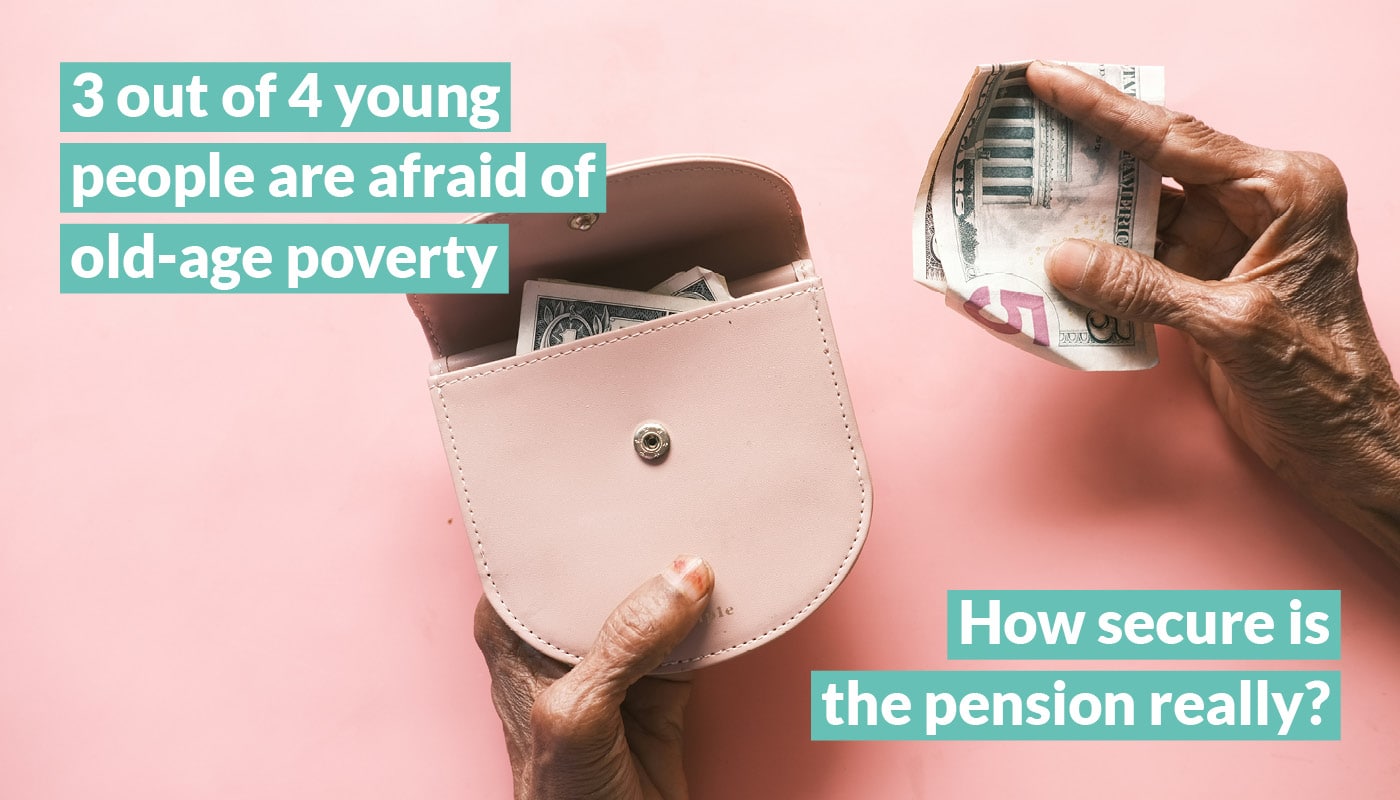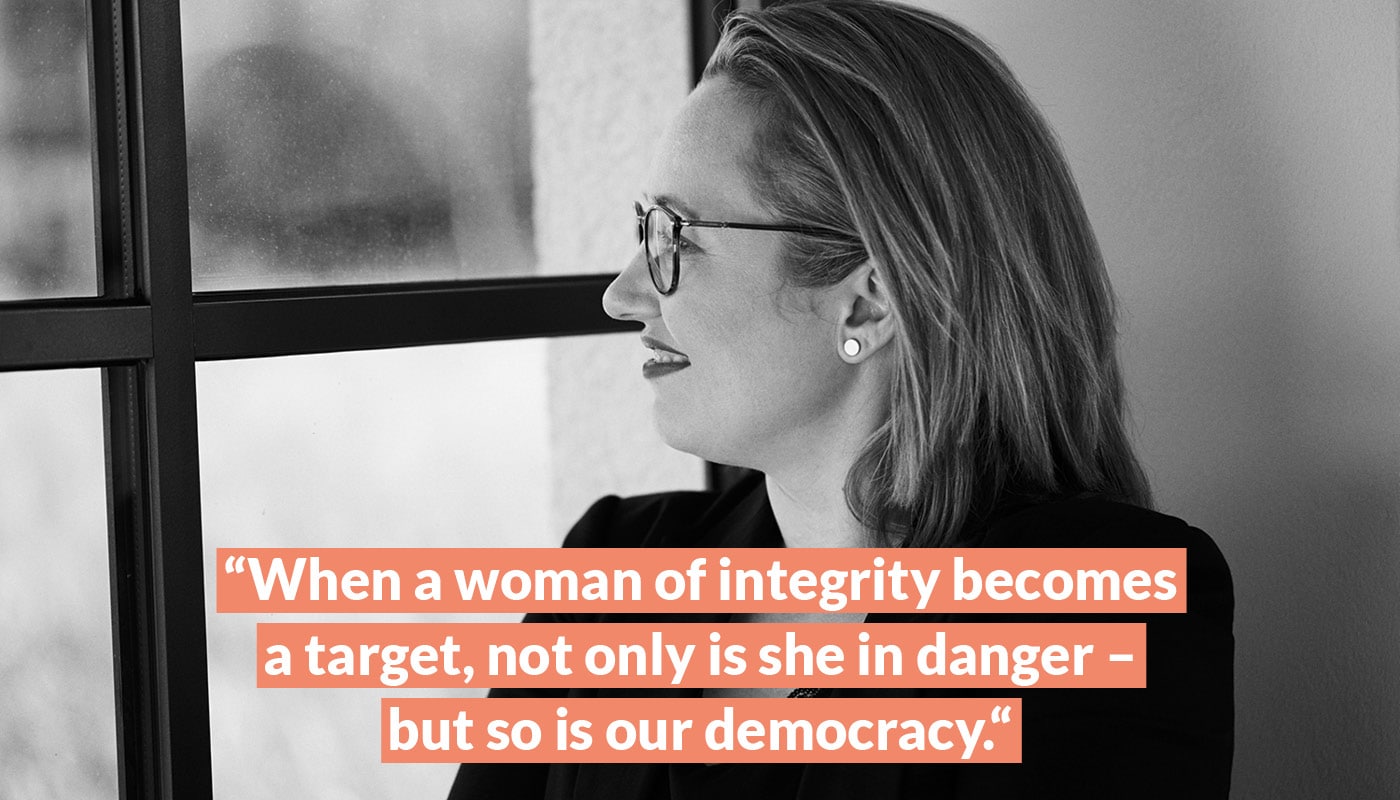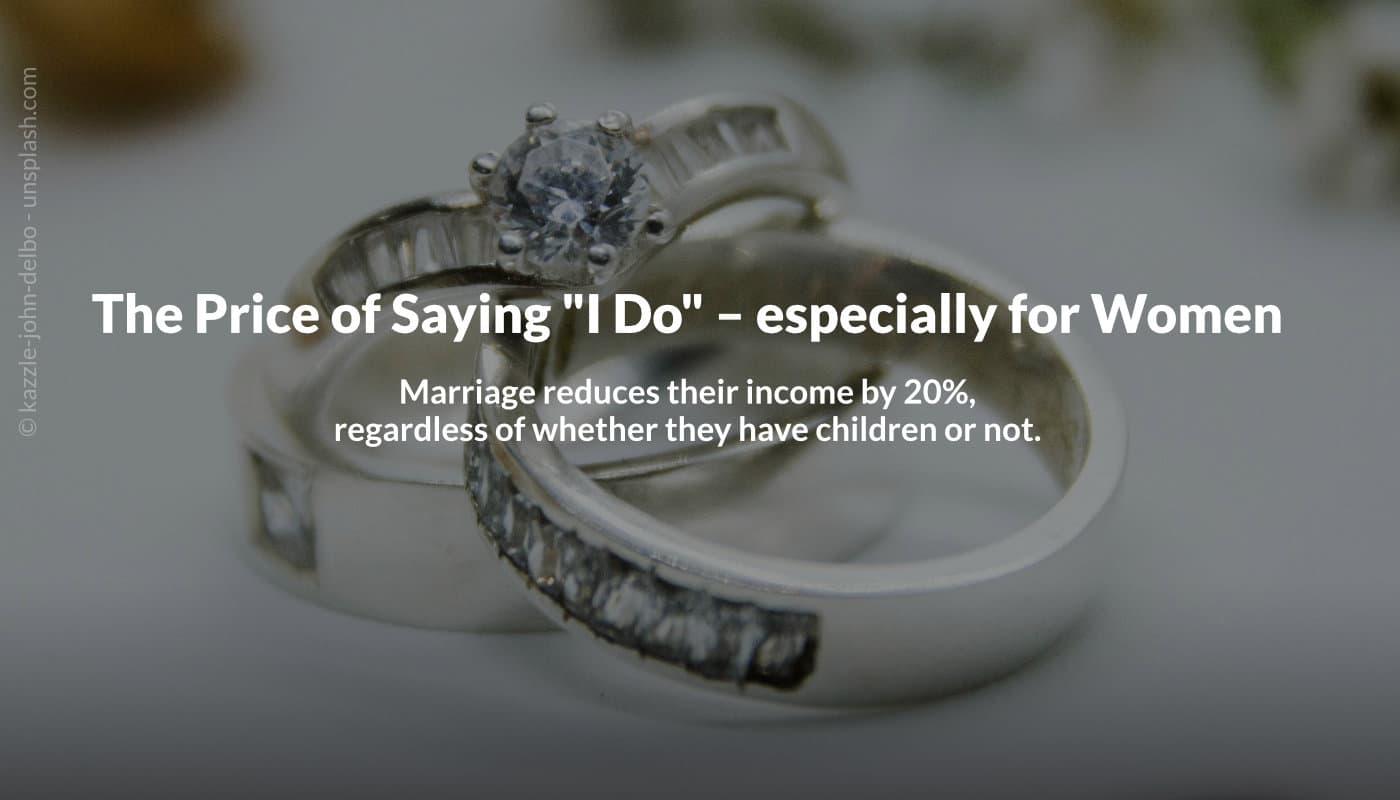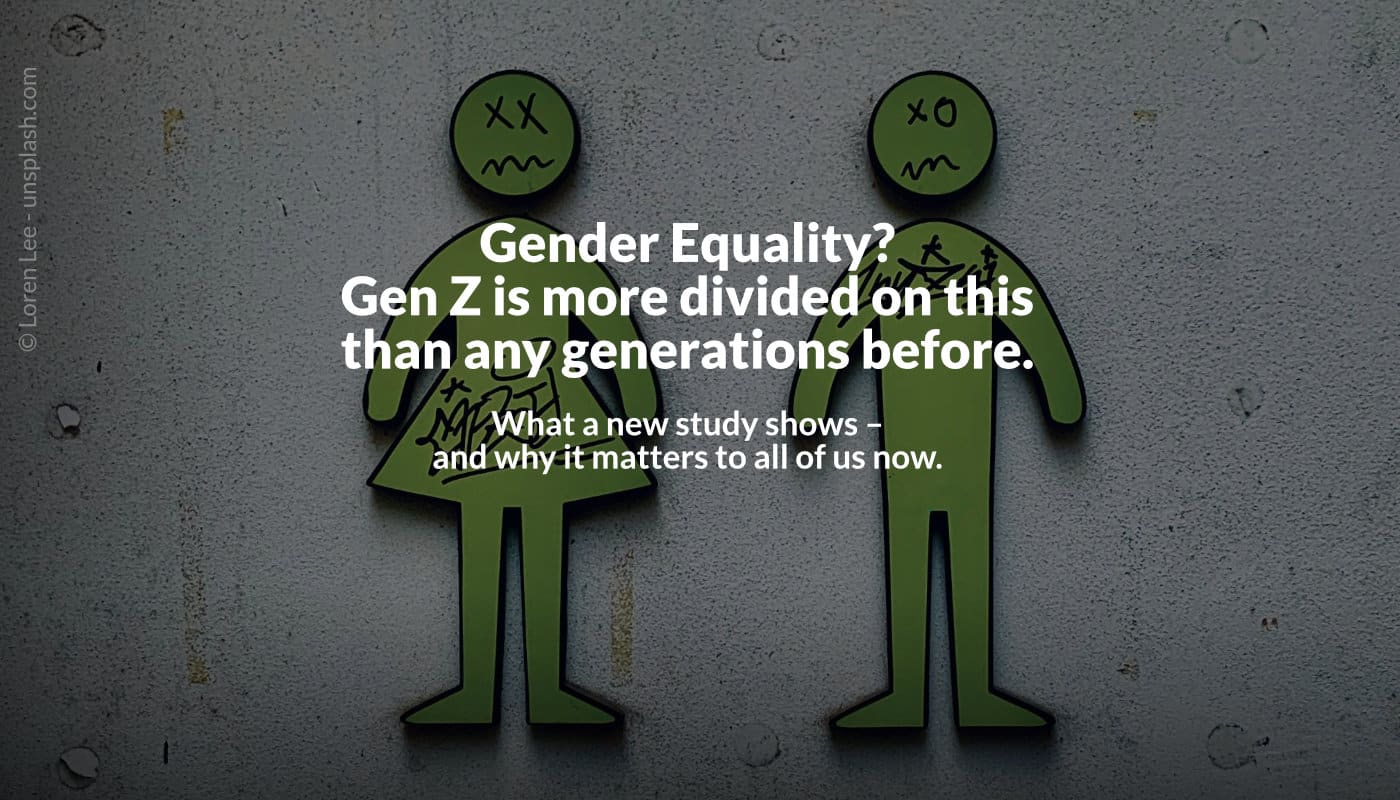“Why women only come to power in times of crisis”: Management researcher Max Reinwald in an interview with Clara Thier for Handelsblatt.
Was if it was just a coincidence that a severe crisis helped Kamala Harris to become a presidential candidate? According to Reinwald, it is unlikely. Instead, the circumstances reflect a typical phenomenon that occurs in corporate leadership and systematically discriminates against women.
“Women are more likely to be promoted to top leadership positions when a company is in crisis. This is known in organizational research as the Glass Cliff effect. (…) Those who are on the glass cliff see the precipice more clearly below them.”
Companies in crisis want to demonstrate adaptability to their investors, which often leads them to appoint a woman as CEO. This can be applied to the political context, such as the crisis facing the Democratic Party, which was significantly trailing behind the Republicans in polls. “We also see pressure from investors, in this case, major donors who had withheld contributions.”
Of course, Harris’s nomination could simply be due to her position as Vice President, irrespective of her gender. However, the data generally indicate that the Glass Cliff phenomenon exists. Reinwald observes a “systematic bias in the appointment of top executives. Women often face more challenging starting conditions than men.” And if they rise during a crisis, the risk of failure is greater.
According to U.S. research, women generally have shorter tenures and are more quickly dismissed. “This is particularly true when the company’s performance is poor, whereas for men, performance is not as strong a predictor of dismissal. In other words, women are allowed far less leeway than men when they are in leadership positions. This is especially difficult if they were appointed during a crisis.”
A paradox: “On one hand, women are allowed less and are underestimated. On the other hand, they are expected to take on leadership roles during the most challenging moments,” Thier notes.
Reinwald concludes: “Increasing the proportion of women in top leadership positions overall would be one way to reduce the likelihood of Glass Cliffs. Because a female leader would no longer be seen as a signal of change but simply as normal.”

Published by herCAREER,
Posted on LinkedIn on 15.08.2024












